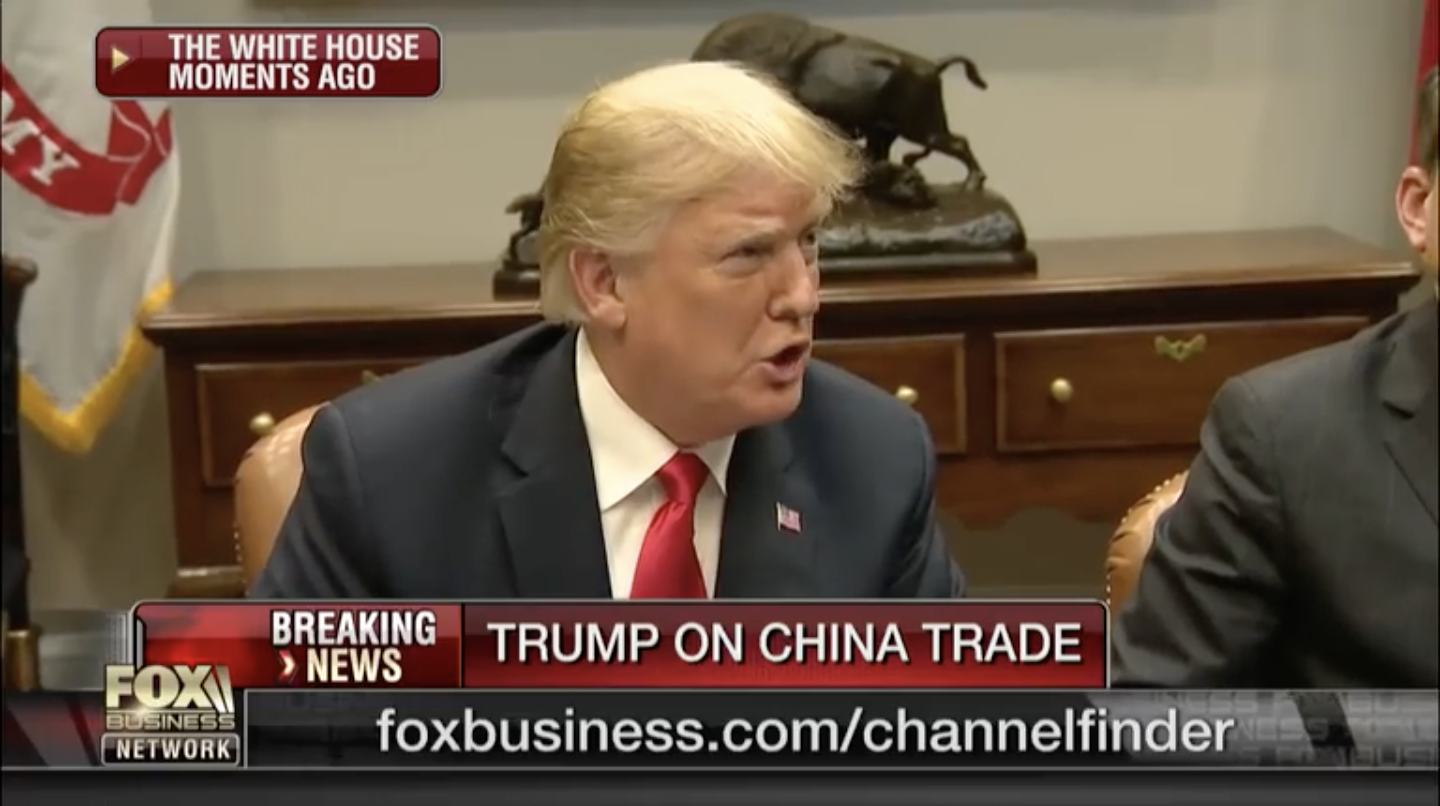Is China’s stock market on the verge of imploding?
10/25/2018 / By JD Heyes

For months there have been reports off and on about how fragile the Chinese economy really is.
While a lot of “establishment” media reporting has focused on criticizing POTUS Donald Trump for his imposition of tariffs on some $250 billion worth of Chinese imports – because, you know, the president is stupid and has no idea what he’s doing – there has been a lot less attention paid to the effects of those tariffs and other trade actions taken by the president on Beijing’s economy, at least in the U.S. media.
That’s significant because there are signs that not only are tariffs having an effect on China’s economic growth, there are danger signs in the Chinese stock market as well.
As reported by Zero Hedge, Chinese officials in recent days — up to and including President Xi Jinping –have been talking up the country’s private sector, in part to pledge “unwavering” support but also to tamp down fears that the tariffs imposed by the United States may be having their desired effect.
Analysts have begun to look more deeply into the Chinese stock market, and what they have found is “a ticking five trillion share ticking time bomb,” Zero Hedge reports.
One analyst, Kinger Lau, a China strategist for Goldman Sachs, has done a comparison of China’s markets today and the “bubble and bust” cycle of 2015. What he found is some good news, particularly because what is currently happening in Chinese markets is “less systemic” than what occurred three years ago:
— Margin financing by brokers is down significantly;
— Hidden leverage (not seen on balance sheets) is less prevalent;
— In sum, the exposure of retail investors to equities is still low.
However, Lau found a key shift in that “users of financial leverage in equities have shifted from individuals to major shareholders in the form of Stock Pledged Loans (SPL)” in the current period with “the risks revolving around SPLs being the major concerns in this market downturn.”
What does this mean? According to Lau, everything looks fairly copacetic and manageable, but at Zero Hedge notes, there are several “bold” assumption in his assessment.
Has the meltdown already begun?
For one, if the Chinese markets fall by an additional 10-30 percent, which could happen, there will be 1.2 trillion and 1.7 trillion yuan facing margin calls or risks of liquidation. Lau believes that most borrowers facing these kinds of margin call pressures would be able to meet them by offering up cash, equity, or even properties as collateral. (Related: China is stealing solar panel jobs from American workers – Will Trump send a tough trade message?)
The news site noted further:
Even for those who couldn’t secure additional collateral and stock prices fell below liquidation levels, forced selling by brokers has seldom happened, because:
— there are many restrictions on major shareholders disposing shares in China A;
— brokers tended not to liquidate the positions as doing so would trigger more selling pressure and deplete the value of other collateralized shares,
— brokers don’t want to damage the relationship with their corporate clients; and
— in some cases, regulators gave window guidance to brokers to avoid forced selling.
Fair enough, but the very same kind of margin call Lau and Goldman said isn’t likely happened last week though it was not supposed to.
“Would it, perhaps, indicate that borrowers have run out of more collateral to pledged [sic]?” Zero Hedge reported. “And if so, just how long until the next major market selloff triggers the remainder of China’s ticking 5 trillion yuan pledged stock time bomb?”
Last week, Great Power War reported that U.S. officials say China is “sputtering” under POTUS Trump’s tariffs, which makes sense given that the U.S. is Beijing’s biggest, most lucrative market. They said that China has been caught off-guard by the tariffs and by POTUS’ willingness to engage (and punish) China for its economic actions and for its cyber-espionage and theft.
It’s looking more and more like the Chinese economy may not have the robustness or staying power of the U.S. economy.
Read more about China’s economic collapse at Collapse.news.
Sources include:
Tagged Under: business, China, Collateral, economic collapse, fiance, financial news, market crash, market risk, selloff, stock market, stock market collapse, tariffs, trade



















